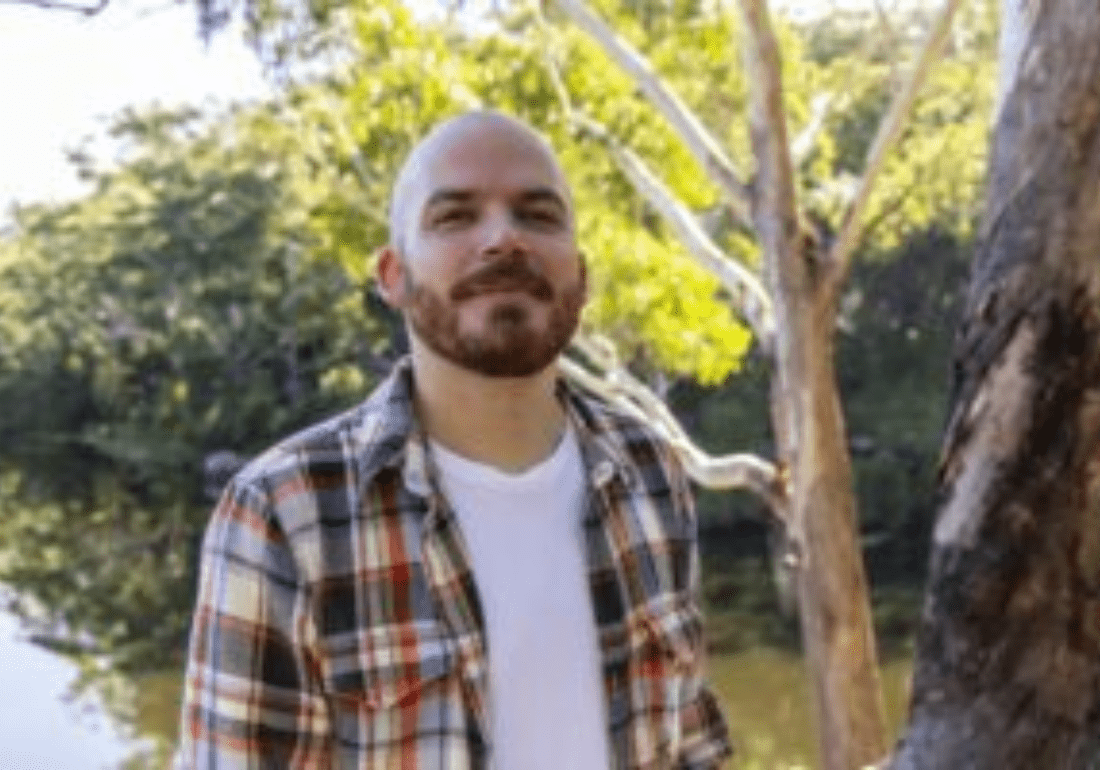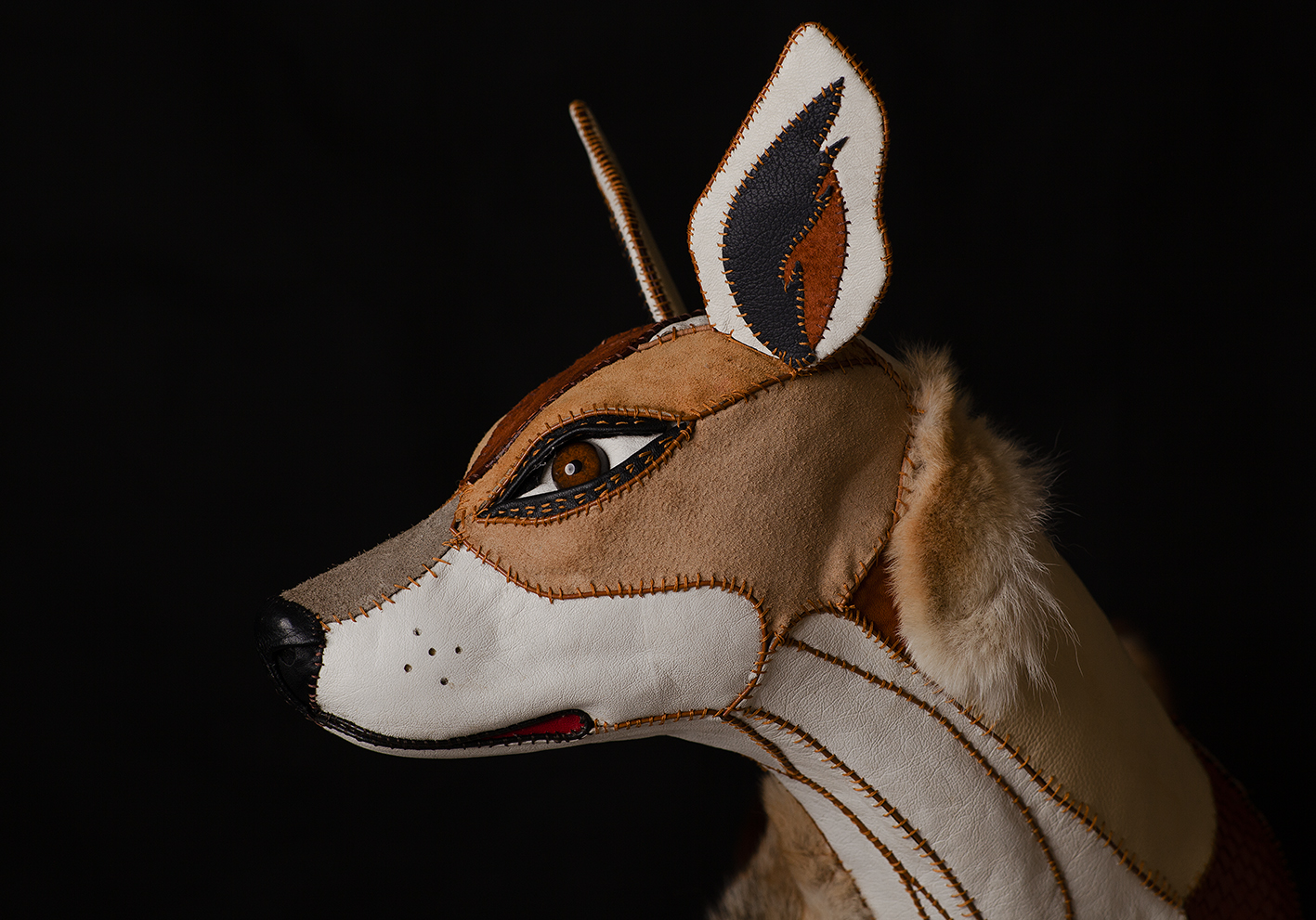In this Advocacy Update, Dinesh Wadiwel speaks with Alex Vince, Campaign Manager for Animal Liberation
Dinesh: I am curious about your background. How long have you been at Animal Liberation, and what led you to doing this work?
Alex: I have been with Animal Liberation in the role of campaign director for 4 years. Prior to this role, I served as our outreach coordinator and humane education officer since 2016. While my formal studies and training are in sociology and disability support, I have spent close to a decade working in the animal rights and protection sector. This has included various roles for a range of organisations, including as an organiser for Sydney Animal Save and a research assistant with the Animal Justice Party.
As the welfare of wild animals is a relatively neglected aspect of animal rights advocacy (https://animalcharityevaluators.org/blog/wild-animal-suffering/), much of my focus in my current role has been dedicated to improving the protection of free-living animals. To this end, I co-founded the Coalition Against 1080 Poison (https://www.ban1080.org.au) in 2017, primarily to support the grieving families of victims who have lost loved ones to this indiscriminate chemical.
My background in sociology has provided me with a strong foundation for understanding human behaviour, society, and the complexities of social structures. This has been invaluable in my work because it has allowed me to approach the complex issues from a multidisciplinary perspective, recognising the intricate relationships between humans and animals, and how attitudes and behaviours and labels impact the treatment and protection of animals.
Dinesh: Animal Liberation is an important organisation within Australia’s animal advocacy terrain. Can you say a little about its history and role today?
Alex: Animal Liberation is proud to be Australia’s longest serving animal rights organisation. Established in the 1970s, we have a rich history of campaigning against animal cruelty, promoting ethical treatment, and advocating for legislative reform to protect animals.
Over the more than four decades that we have been active, we have engaged in a wide range of issues, including undercover investigations, public awareness campaigns, collaborations with other organisations, and liaising with supportive members of parliament.
Though we are a small team, my colleagues and I continue to be at the forefront of the movement, working tirelessly to expose and address issues such as factory farming, wildlife protection, pound and shelter reform, greyhound and horse racing, and the broader ethical considerations surrounding human-animal relationships, including the sentience of other-than-human animals. Through our multifaceted approach, we remain committed to being a driving force in the ongoing efforts to create a more compassionate and ethical society for animals in Australia. To this end, our focus of awareness and education is linked directly to our endeavours to seek meaningful reforms in the laws that govern how we regard and treat animals and the current suite of ‘exemptions’.
Dinesh. What projects are you currently involved in?
Alex: We are deeply committed to a variety of projects aimed at promoting animal welfare, conservation and the balance between these two areas. One of the key campaigns I am involved in is the battle to ban 1080 poison. This involves supporting the families who have lost loved ones to this indiscriminate toxin, as well as raising awareness through education and lobbying. Through this work, we are also actively engaged in dingo protection efforts.
My colleagues do extraordinary work. This includes pound and shelter reform, rodeos, animals in the ‘racing’ industries, and animals in tourism. We all work together with strong collaboration and each team member plays a support role in our collective campaigns. Overall, these projects reflect our dedication to promoting the welfare of animals, conserving biodiversity, and fostering responsible interactions between humans and animals within our communities and beyond.
Dinesh: Do you draw on academic research to inform the work you do?
Alex: We frequently refer to academic publications in our day-to-day work. Our commitment to delivering informed and effective responses in various consultation processes, spanning national, state, and local levels, hinges significantly on academic research and evidenced-based decision-making. By leveraging the latest findings and scholarly insights, we ensure that our expert responses are not only well-grounded but also reflect the most current understanding of relevant issues.
Such research serves as a cornerstone in substantiating our positions, providing a robust foundation for the persuasive arguments we present in submissions and objections to harmful planning applications. The integration of academic literature enhances the credibility and depth of this work. Our reference to academic research underscores our commitment to upholding rigorous standards and fostering a nuanced understanding of the issues at hand.
Dinesh: How can people find out more about Animal Liberation and support your work?
To discover more about the work we do, I invite people to explore both the Animal Liberation (https://www.al.org.au/) and the Coalition Against 1080 Poison (https://www.ban1080.org.au) websites, where comprehensive information about our mission, campaigns, recent initiatives and our many achievements is readily available.
Our websites also serve as valuable resource hubs, providing in-depth insights into the various aspects of animal advocacy that we champion and tools for the public to become engaged. Additionally, interested individuals can follow our social media channels, such as Facebook (https://www.facebook.com/AnimalLiberationORG) and Instagram (https://www.instagram.com/animalliberationorg), to stay updated on events and opportunities to get involved. For those seeking a more hands-on experience, attending local events, watching our webinars or joining our volunteer program offers a direct way to contribute to the cause. Of course, as we do not receive any government funding, financial support is instrumental in sustaining our efforts, and donations can be made directly through our website. By getting involved in these channels and supporting our work, people can not only stay informed but also play a crucial role in promoting compassion and advocating for the well-being of animals alongside Animal Liberation.
Advocacy Update is aimed at providing information to members on the work of animal advocacy organisations. Advocacy Update helps to connect the worlds of animal advocacy with the work of AASA members. Note that while the below is presented for the information of members, AASA does not necessarily endorse the views represented. AASA is not affiliated with Animal Liberation.



